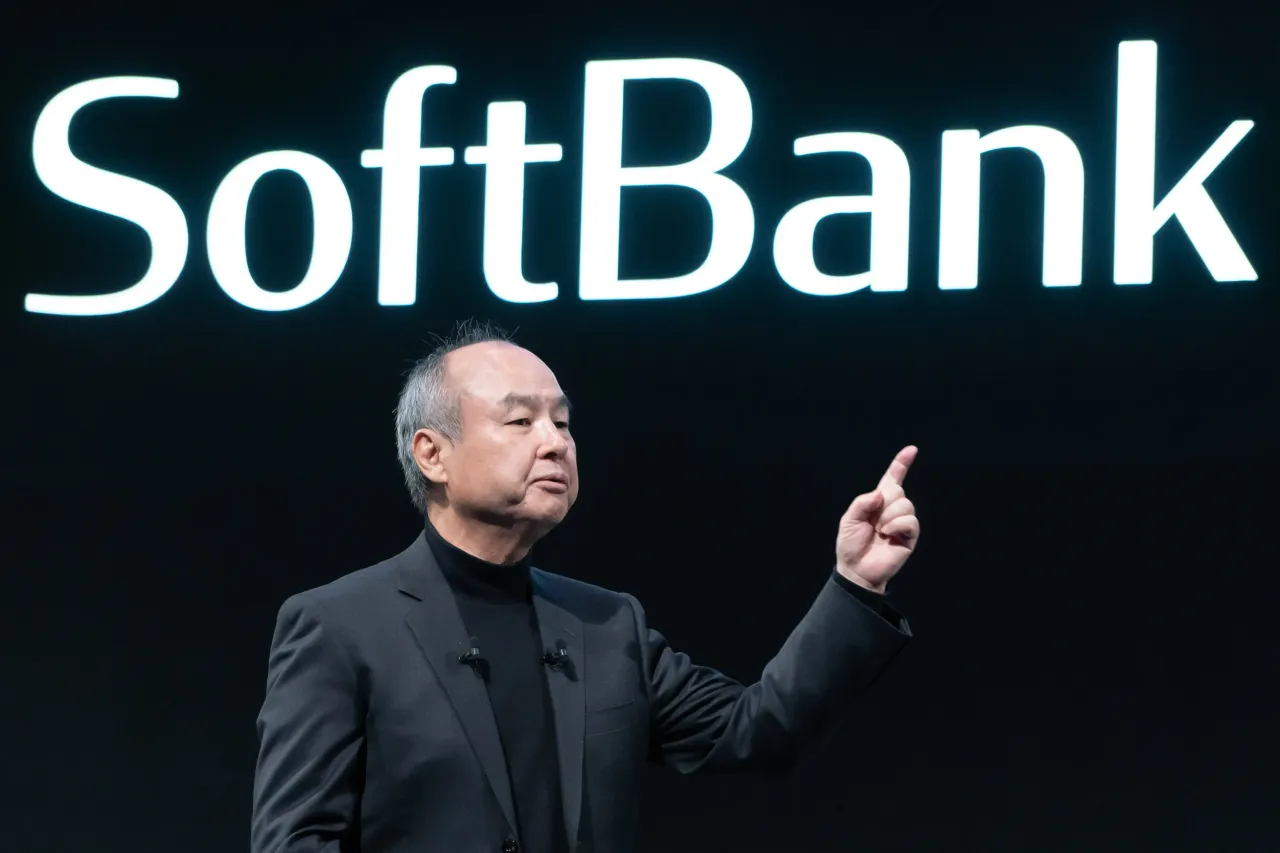TOKYO — Japanese conglomerate SoftBank Group Corp. announced Tuesday that it has sold its entire stake in Nvidia Corp., raising approximately $5.8 billion, a move designed to support its growing investments in OpenAI and artificial intelligence ventures.
The sale, executed in October, is part of SoftBank’s broader strategy to redirect resources toward emerging AI platforms and infrastructure.
SoftBank, led by founder and CEO Masayoshi Son, has positioned itself as a leading investor in technology, particularly in AI, robotics, and data driven enterprises.
Over the past year, the company has committed substantial capital to OpenAI, investing $7.5 billion earlier and planning an additional $22.5 billion before January, which would make SoftBank one of the largest investors in the AI firm.
Nvidia, a US based chipmaker, has been at the center of the AI boom, supplying graphics processing units (GPUs) critical for machine learning and generative AI applications.
SoftBank’s sale of its Nvidia holdings comes as the company seeks to leverage gains from a high performing hardware investment to fund long term software and AI infrastructure ambitions.
“SoftBank’s approach reflects a broader trend of capital reallocation from established technology hardware toward AI and cloud based platforms,” said Kenji Matsumoto, a Tokyo based financial analyst.
Experts view SoftBank’s divestment as both strategic and indicative of the company’s confidence in the AI market. By selling its Nvidia shares, SoftBank unlocks liquidity to fund its aggressive commitments to OpenAI, while reducing exposure to potential volatility in hardware focused companies.
“Hardware markets have been strong, but the next wave of value creation in technology will likely come from AI platforms and services,” said Karen Wu, a tech investment strategist in Singapore. “SoftBank appears to be betting that software and AI applications will outperform chips alone in the coming years.”
Analysts also note that while the Nvidia stake sale is significant, SoftBank’s overall portfolio remains diversified across technology, telecommunications, and energy sectors. The firm’s decision underscores a shift toward prioritizing AI as a strategic growth driver rather than hardware investments.
SoftBank’s profit for the first half of the fiscal year reached approximately ¥2.5 trillion ($13 billion), a substantial increase compared with previous periods.
Nvidia’s market value has exceeded $5 trillion this year, making SoftBank’s exit from the company a notable financial move.
The proceeds from the Nvidia sale represent a fraction of SoftBank’s total planned AI investment in OpenAI, demonstrating the scale of the firm’s commitment.
By comparison, other major investors in OpenAI, including Microsoft, have invested billions, but SoftBank’s contributions make it the largest single investor to date.
In Tokyo, local investors reacted cautiously to the news. “SoftBank is clearly signaling that its focus is now AI platforms rather than hardware,” said Mika Tanaka, a financial analyst.
“This could be a positive move if OpenAI continues to grow, but it carries risk given the size of the investment.” Meanwhile, in Silicon Valley, a software engineer who works with AI applications remarked, “SoftBank’s pivot from Nvidia to OpenAI reflects the market’s confidence in generative AI.
It’s a statement that the software layer will define the next decade of technology, not just hardware.” A portfolio manager in Tokyo added, “Such a large scale shift is bold. Timing and execution will determine whether this bet pays off.”
SoftBank’s divestment from Nvidia provides the company with significant liquidity to fund AI related projects, including OpenAI and potential future partnerships with global technology firms.
Experts suggest that the move may encourage other investors to reevaluate the balance between hardware and AI software investments.
However, the scale of SoftBank’s commitment also introduces financial pressures. Analysts caution that the company may need to adjust other parts of its portfolio or raise additional capital if AI investment rounds exceed current projections.
“The market will be watching to see how effectively SoftBank deploys this capital,” said Matsumoto. “If their investments in OpenAI and related AI infrastructure succeed, it could redefine their portfolio for years to come.”
SoftBank’s sale of its Nvidia stake for $5.8 billion represents a deliberate shift toward funding expansive AI initiatives, most notably OpenAI.
The transaction highlights the company’s strategy of converting gains from established hardware investments into funding for AI platforms and services.
While the move carries inherent risks due to the scale of investment, it underscores SoftBank’s commitment to the future of artificial intelligence and the growing importance of software driven technologies in the global market.
